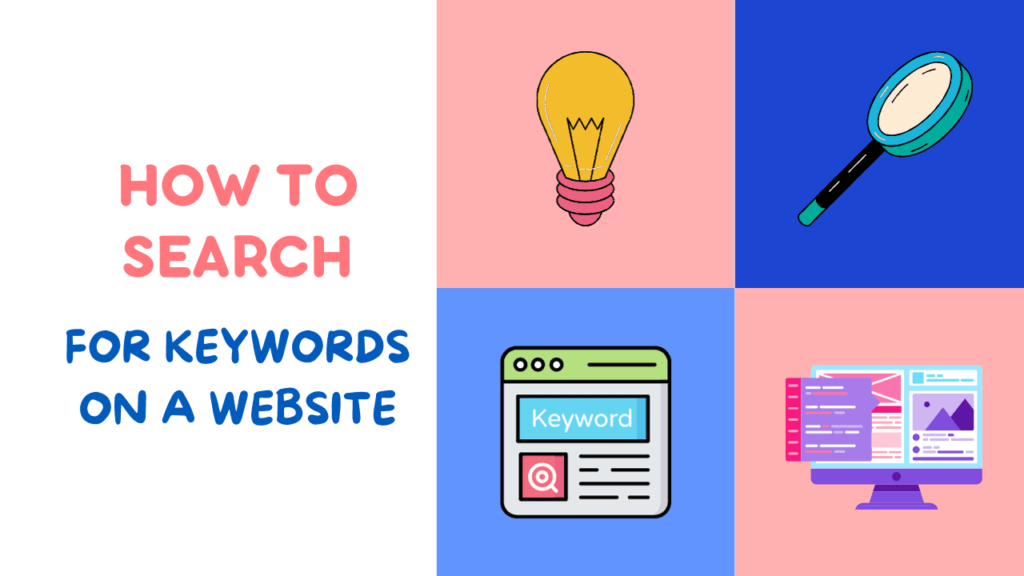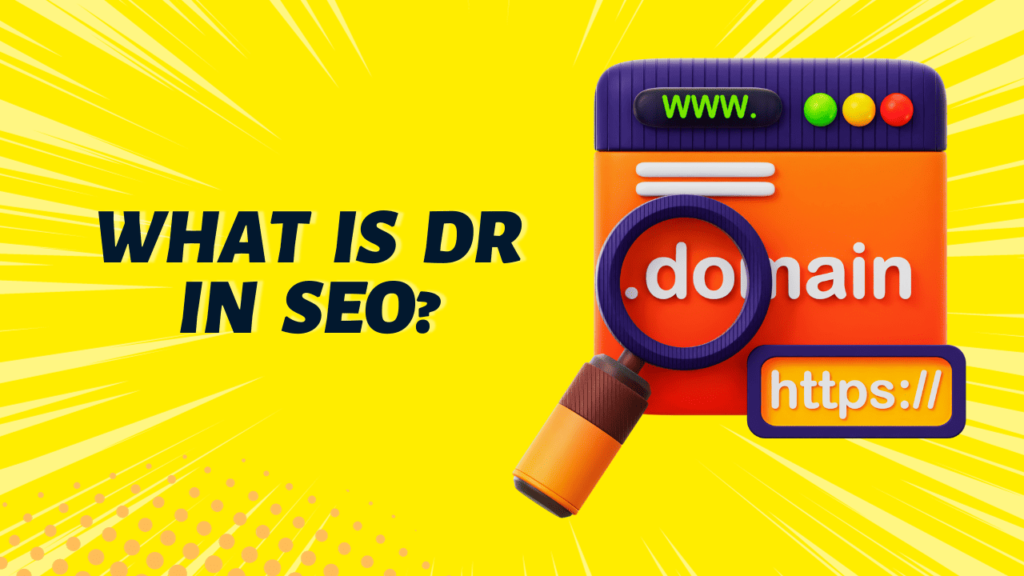As a digital marketer, business owner, or content creator, driving online visibility is essential for success. You likely know of search engine optimization (SEO) and its merits.
But a newer concept called marketplace optimization (MPO) is also gaining traction.
So what exactly are SEO and MPO, and how can you leverage both strategically? This comprehensive guide breaks it down.
Table of Contents
ToggleWhat is Search Engine Optimization (SEO)?
SEO aims to improve a website’s rankings on search engines like Google and Bing. The goals are to:
- Increase organic visibility on search engine results pages (SERPs)
- Drive more relevant traffic to the website
- Ultimately boost conversions like sales or email signups
This is achieved by optimizing aspects like:
- Page content with targeted keywords
- Site architecture and technical elements
- Quantity and quality of external links pointing to site pages
Executed correctly, an SEO strategy delivers long-term visibility and visitors to help achieve business goals.
SEO Benefits for Digital Marketers
Lasting Organic Visibility – Top rankings on keywords drive recurring streams of organic search traffic to your site for months and years. This traffic is highly targeted too.
Enhanced User Experience – Creating a user-friendly site with clear navigation optimizes for visitors and search engines alike.
Cost-Effective – Compared to paid channels like PPC or social ads, organic rankings are very cost-effective for the amount of targeted eyeballs you attract.
Brand Building – Ranking high for commercial and informational searches increases awareness and trust for your brand over time.
Potential Downsides of SEO
No strategy is perfect though. SEO also comes with a few cons to consider:
- Slow Initial Results – It takes ample time to research keywords, produce content, and build authority. Expect 6-12 months minimum before seeing tangible impact.
- Evergreen Maintenance – You must continuously create fresh content and monitor trends to maintain existing presence and expand reach.
- No Guaranteed #1 Rankings – Even with excellent optimization, ranking #1 in SERPs has no assurances due to intense competition.
What is Marketplace Optimization (MPO)?
MPO focuses on optimizing product visibility and conversion specifically within ecommerce marketplaces like:
- Amazon
- eBay
- Etsy
- Walmart
Instead of targeting organic search engine traffic to a website, MPO targets shoppers within these established online markets.
The end goal is to increase product visibility, engagement, and sales conversions within the ecommerce platform.
Core MPO Strategies and Tactics
Succeeding with MPO requires optimizing aspects like:
Product Listings
- Compelling titles and descriptions
- Targeted integration of relevant keywords
- Clear high-resolution images
- Detailed attributes and specifications
Customer Experience
- Rapid shipping times
- Responsive customer service
- Generous return policies
Reviews and Ratings
- Proactively soliciting positive reviews
- Swiftly addressing negative reviews
- Maintaining an overall high-star rating
These factors enhance the shopper experience and likelihood of purchases.
Why Marketers Leverage MPO
- Laser Targeting – MPO zones in on highly qualified customers already searching for products in their niche.
- Measurable ROI – Clear metrics like sales conversions, clicks, and reviews quantify ROI.
- Taps Into Existing Markets – No need to build your own platform or audience. MPO leverages established marketplaces with millions of active shoppers.
So in summary, MPO offers direct access to swathes of buyers actively looking for offerings in your niche.
Downsides to Keep in Mind
- Intense Competition – These platforms have millions of listings vying for attention. Cutting through the noise is hugely challenging.
- Commissions and Fees – Marketplaces charge monthly or per sale fees for hosting your products which eats into margins.
- Risk of Suspension – Violating platform terms for things like misleading listings or reviews can jeopardize your account.
- Ongoing Maintenance – Monitoring daily performance and ensuring excellent customer service is vital but time consuming.
Now that we’ve covered both concepts, let’s compare them side-by-side.
MPO vs SEO – Key Differences at a Glance
| SEO | MPO | |
| Goal | Increase organic visibility and traffic to owned website. | Boost product visibility and sales within ecommerce marketplaces. |
| Target Audience | Broad audience searching on engines like Google. | Niche shoppers within specific online marketplaces. |
| Core Strategy | Optimize website content, technical elements and backlinks. | Optimize product listings, reviews, service quality within market. |
| Measurement | Organic traffic, rankings, conversion rate. | Sales rate, review rate, click through rate. |
So in summary:
- SEO drives external traffic to your digital assets.
- MPO focuses inwardly on leveraging existing ecommerce ecosystems.
Yet…both can provide tremendous value despite having different objectives.
Harmonizing SEO and MPO Strategies
The ideal scenario is actually harnessing both SEO and MPO in tandem rather than choosing one.
While distinct concepts, these strategies can work symbiotically to accelerate success.
For example:
- SEO can build overall brand awareness and interest in your niche.
- MPO then captures that demand and converts interest into sales.
Some brands may focus more heavily on one area over the other depending on business model and objectives.
But generally speaking, a unified approach balancing organic visibility alongside marketplace conversions packs the most punch.
3 Keys to Integrating SEO and MPO
- Cross-Utilize Content
- Blog content and guides on your site can also inform product listings on Amazon
- Similarly, popular keywords targeted for Amazon can seed content ideas.
This cross-pollination saves creation efforts while optimizing both channels.
- Tag Marketplace Items Back to Site
- Where possible, embed links in marketplace listings pointing back to your owned site.
- This taps into existing marketplace traffic and exposes them to your brand assets.
- Instrument Tracking Between Channels
- Implement solid tracking via URLs, UTM tags, cookies, etc.
- Analyze how much marketplace conversions actually originate from site traffic and vice versa.
These insights help gauge which channel drives more conversion value in the buyer journey. You can then strategize appropriately.
MPO and SEO – Wrapping It All Up
If selling products or services is central to your business model as a brand, ecommerce marketer, or merchant – MPO and SEO both play invaluable roles in 2021 and beyond.
SEO builds authority and exposure over the long haul. Like a river, it feeds a steady stream of visitors to your digital properties.
Meanwhile, MPO channels existing reservoirs of buyer demand into direct sales through established marketplace ecosystems.
Rather than a binary choice between one or the other – savvy digital marketers harness SEO and MPO in a unified approach. Distinct yet symbiotic strategies, integrated thoughtfully, can multiply the benefits exponentially.
I hope this complete guide has demystified these critical concepts for you. Please comment and share if you found this resource valuable!
Also read How Much AI Content is Acceptable in Google and SEO?











